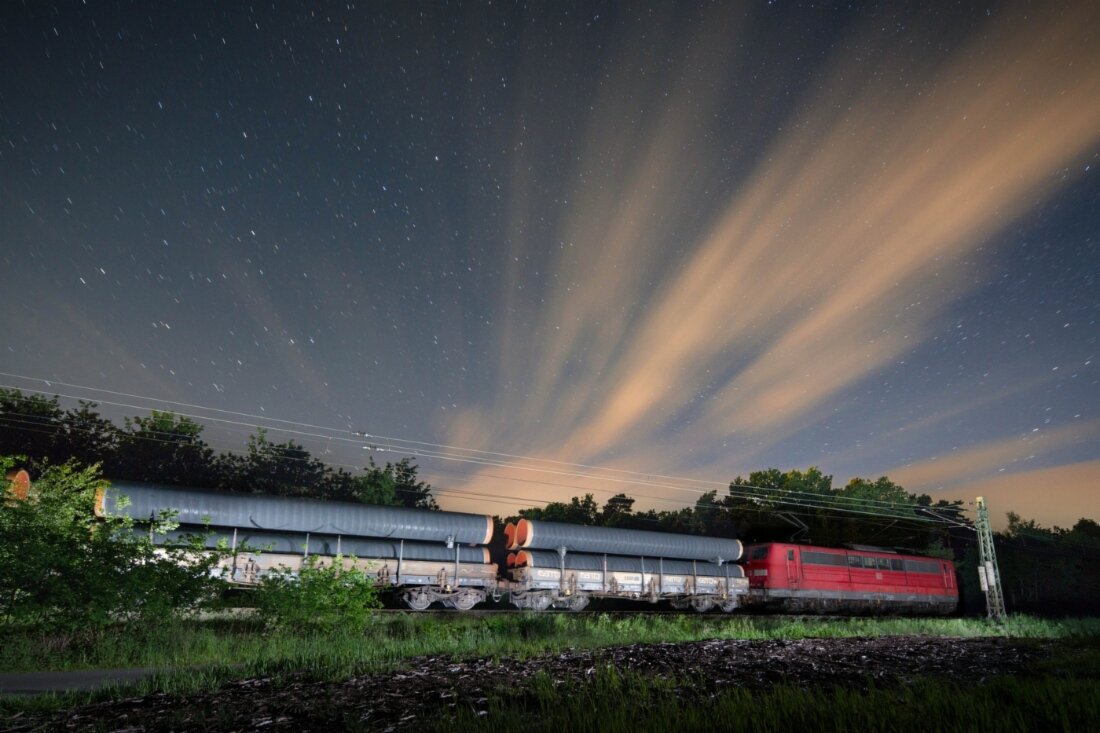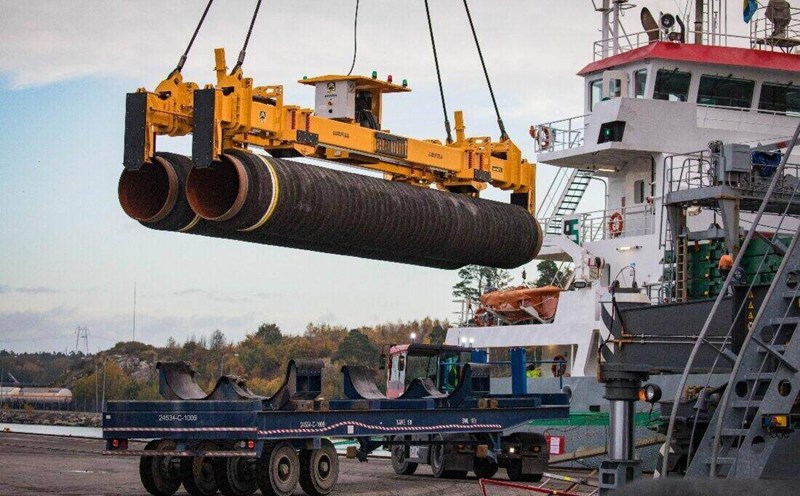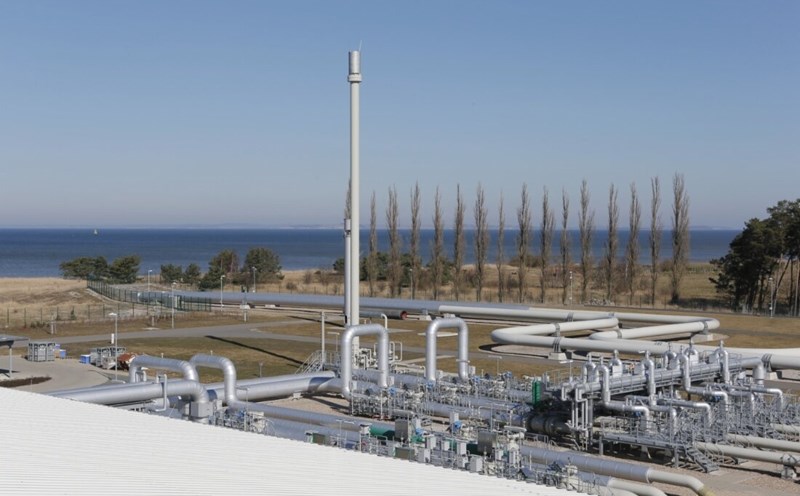At a congress in Berlin, the Social Democratic Party of Germany said it was "opposed to resume any gas supplies from Russia via northern gas pipelines".
Accordingly, the decision of the Social Democratic Party of Germany rejected the corresponding proposal "from the Christian Democratic Union and the Christian Social Union (CDU/CSU) of Germany as well as the Republican Party in the US".
protests against resuming Russian gas supplies via Nord Stream and Nord Stream 2 were raised at the end of the congress, with the overwhelming majority supporting, with only 1 against and a number of delegates voting in white.
Notably, German Chancellor Friedrich Merz's government is considering amending the law to permanently block the possibility of restarting the two gas pipelines connecting Russia and Germany.
Amending the investment control law to prevent Nord Stream from being acquired is being discussed by Berlin. The German government's goal is to prevent the possibility of changing the ownership of the gas pipeline, which could lead to the resumption of operations.
The option of selling Nord Stream 2 AG - the operator of the Nord Stream 2 gas pipeline, based in Switzerland - is being considered. Western media reported that an American investor is ready to buy Nord Stream 2 AG. The Nord Stream 2 operator's office is located in the Swiss state of Zug and German authorities have no legal leverage to block the possibility.

Also at the Social Democratic Party of Germany (SPD) congress on June 29, a move was approved to call for preparations to ban the far-right Party of the Social Democratic Party of Germany ( AfD). The Social Democratic Party of Germany's resolution called on competent authorities to prepare a legal basis for the lawsuit, aiming to declare the AfD a unconstitutional party.
The AfD has also repeatedly expressed its desire to restore the operation of the Nord Stream and Nord Stream 2 Russian gas pipelines.
In recent years, the AfD has increasingly attracted support through exploiting economic dissatisfaction and growing concerns about immigration. The AfD is currently the largest opposition party in Germany.
The wave of calls to ban AfD increased after in May this year, the Federal Reserve (BfV) - Germany's domestic intelligence agency - classified the party as a confirmed far-right group, thereby expanding supervision of the party.
However, the classification has been suspended due to the AfD filing a lawsuit. German authorities will continue to view the AfD as a suspect until the Cologne administrative court issues a verdict.
After the German parliamentary election in February, the Social Democratic Party of Germany, a center-left party with 16% of seats in the parliament and now a small coalition partner in Merz's government, along with the Christian Democratic Union (CDU) and the Christian Social Union (CSU).









